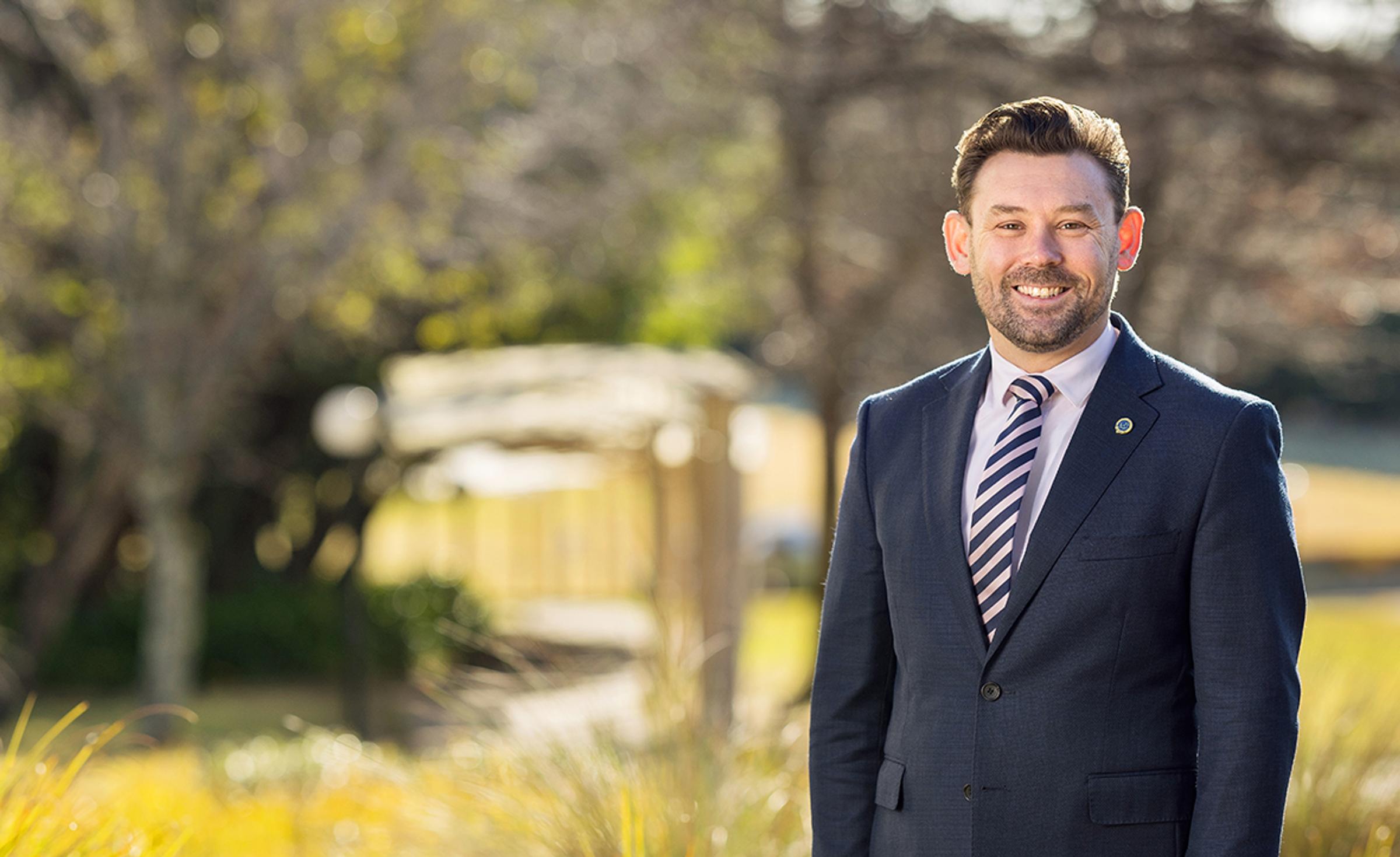From the Director of Innovative Pedagogies

The Worst Generative AI We Will Ever Know
Earlier this term I was fortunate to attend the Research Invested Schools Conference in Sydney. This group of schools is seeking to get ahead in the day-to-day teaching space and proactively tackle some of the new and evolving challenges we are facing in education. Hosted by PLC Pymble, Barker and The Scots College, the conference dug specifically into the impact of generative AI on teaching practices and how AI tools can help rather than hinder learning. It was both energising and confronting as we looked at the tsunami of generative AI and how it will change our work and what we ask students to do. One line that stuck with me particularly was “we are using the worst generative AI we will ever know. It will only become more developed, more adaptive, more responsive from here.”
One of the keynote speakers was Professor Matt Bower from UTS who presented his recent research. He notes that while there has been widespread media commentary about the potential impact of generative Artificial Intelligence (AI) such as ChatGPT on the Education field, there has been little large-scale analysis of how educators believe teaching and assessment should adapt to the presence of generative AI.
In his work he engaged 318 educators from various teaching levels, experiences, disciplines, and regions regarding the impact of AI on teaching and assessment. He investigated how they think teaching and assessment should evolve and their main motivations for changing their practices. In summary he found:
- Current teaching styles needed to be adapted to foster active involvement and engagement of students; learning needs to be connected to a purpose, not just ‘learning for learning's sake.’
- Classes should include increased groupwork, higher-order thinking, creative processes, and greater facilitation (rather than lecture style) from the teacher within the classroom.
- Teaching and assessments should have a greater focus on the drafting and editing processes, not just a final product. This requires time and feedback on their writing.
- Learning tasks should have fewer activities that can be completed by AI, such as essays, reports and simple explanations.
- Exams, pen and paper approaches, video productions or portfolios were assessment types more suitable for a world with increasingly powerful AI.
As a staff we have been working through some of these challenges and putting them in context of Blue Mountains Grammar School. We have already changed the styles of some assessments to reflect these technological developments, as well as the changes that are to come. We have spent professional learning time with Futurists, including Peter Hutton who are leaders in this area. Our next steps in this are to teach students how to use AI effectively and ethically, grow their critical thinking and creativity, as well as their collaboration skills.
There is no doubt that AI with shift the way that teachers need to engage, teach and assess students. With the right support and an attitude that embraces innovation and technological developments I am confident our students and teachers will have the skills and dispositions to adapt to the very different style of teaching and learning that is ahead.
Professor Bower’s full article can he found here:
Christopher Sanders
Director of Innovative Pedagogies
